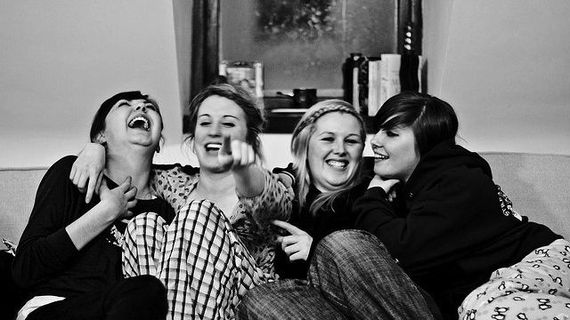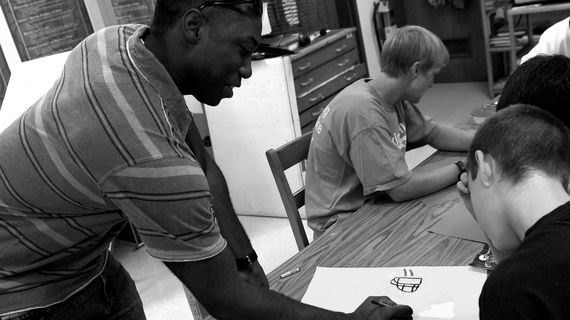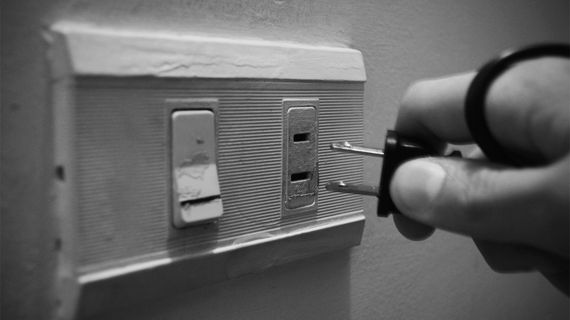Being single on Valentine's Day can be the worst. Dealing with the flower deliveries at work, gushy Facebook posts, new babies, and the overall smugness of people in a relationship can be enough to push even the most confident singles to bingeing on Sweet Tarts and box wine. But don't lose heart! If you want to avoid the sugar crash and hangover on Feb. 15, here are five healthy ways for singles -- or anyone else -- to enjoy your best Valentine's Day yet.
1. Eat chocolate
You've heard the study results: Chocolate, in moderation, is healthy. Cocoa beans are rich in flavonoids, plant compounds with antioxidant properties that help cells to resist damage. The less processed the chocolate, the more flavonoids it will contain. These compounds also help protect your skin from sun damage. The flavonoids found in chocolate also, according to heart health experts at the Cleveland Clinic, likely play a role in lowering blood pressure, improving blood flow to the brain and heart and making blood platelets less sticky and able to clot. Plus, there's less of a risk of mindlessly overeating with chocolate: Researchers in Denmark found that dark chocolate is more filling than milk chocolate, and may even curb cravings for sweet, salty and fatty foods.
2. Exercise
Of course exercise is good for your body, but did you know it's also a good way to treat a case of the blues? Exercise releases endorphins, which are chemicals your body produces naturally to block pain transmitters and induce feelings of euphoria. It takes about 30 minutes of exercise before endorphins kick in, which helps to explain why those first few minutes of a workout tend to be the hardest. Exercise also raises your internal temperature, which can have a calming effect on the body, according to researchers at the Mayo Clinic. Plus, exercise boosts confidence and brings a sense of self-satisfaction.
3. Spend time with friends
Spending time with friends isn't just fun, it's healthy too. Studies have shown that in stressful situations, a person's heart rate and blood pressure increase less when they're with someone who is close to them. Having a large social network was found to be as important as avoiding cigarettes to living a longer life. Spending time with friends also improves your outlook: Researchers at Stanford and the University of Pennsylvania found that the more time a person spends with their partner or with close friends, the happier they are.
4. Volunteer
Nothing makes you feel better faster than helping others. Researchers have linked volunteering to higher self-confidence, lower depression and higher levels of happiness among people who routinely help others. Just like spending time with friends, volunteering promotes face-to-face interactions with people and provides another opportunity to forge friendships. Whether you visit an animal shelter, volunteer in a hospital or just offer to walk a friend's dog, volunteering is a great way to shake off the Valentine's Day malaise.
5. Unplug for the day
Along with the obvious value in skipping the Valentine's Day posts from couples, spending the day away from the Internet has some real health benefits. Recent studies found that the more you use Facebook, the sadder you'll be. Regular Facebook use "leads to declines in [...] how happy you feel moment to moment and how satisfied you feel with your life," Ethan Kross, an assistant professor of psychology at the University of Michigan and a co-author of the study, told ABC News. Too much screen time also disrupts sleep patterns: Just two hours of tablet use lowers production of the sleep-inducing brain chemical melatonin by about 23 percent, which makes it much harder to get to sleep. Plus, logging off helps your mind recover from work and social demands, so you can recharge and have your most productive Feb. 15 ever.




